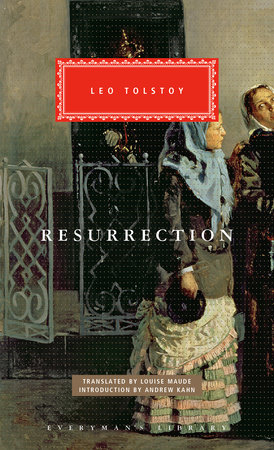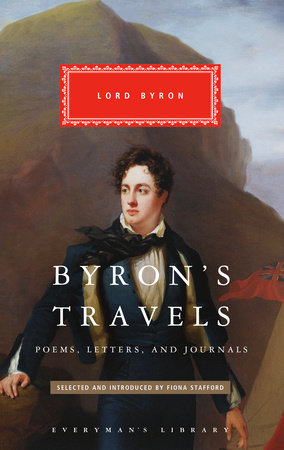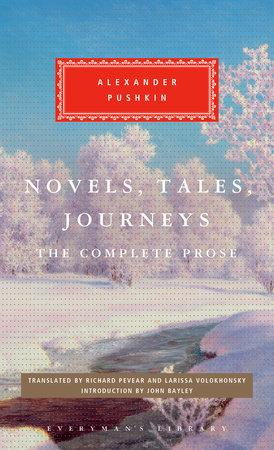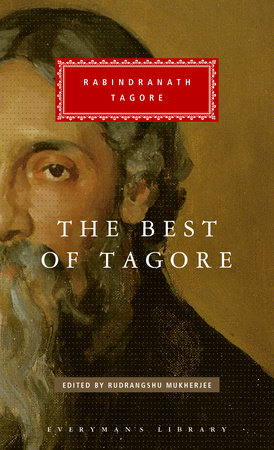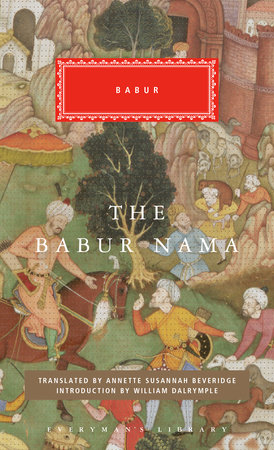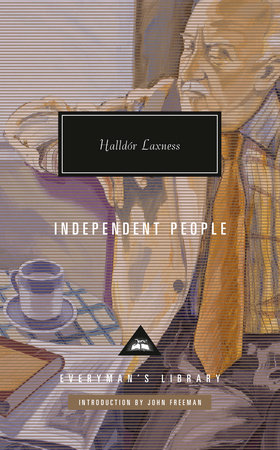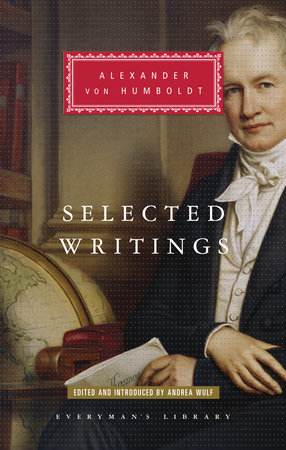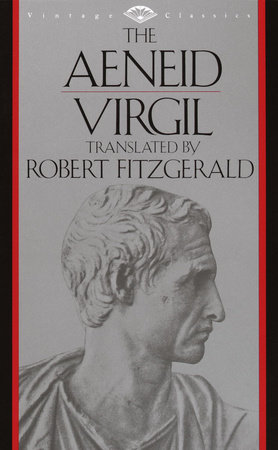
The Aeneid
Virgil; A Verse Translation by Robert Fitzgerald
Ebook
May 15, 2013 | ISBN 9780307819017
AmazonApple BooksBarnes & NobleBooks A MillionGoogle Play StoreKobo
Hardcover
June 30, 1992 | ISBN 9780679413356
AmazonBarnes & NobleBooks A MillionBookshop.orgHudson BooksellersPowell'sTargetWalmart
Paperback
June 16, 1990 | ISBN 9780679729525
AmazonBarnes & NobleBooks A MillionBookshop.orgHudson BooksellersPowell'sTargetWalmart
About the Book
Virgil's great epic transforms the Homeric tradition into a triumphal statement of the Roman civilizing mission—translated by Robert Fitzgerald.



